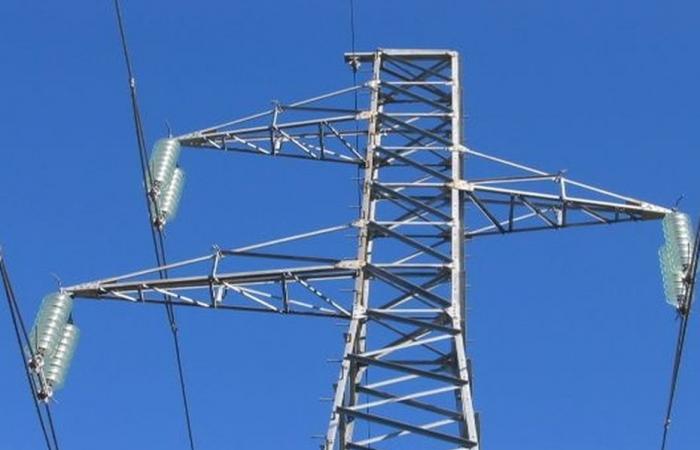The consumer index reflects, in October, the acute crisis affecting New Caledonia. If the prices recorded by Isee have increased by 0.7%, it is mainly because of the price of energy which has increased sharply to save the electricity system. Other causes: the bus ticket which was stolen in the Noumean metropolitan area and manufactured products which have become more expensive.
It corresponds more to the negative feelings of the Caledonians. The consumer price index for October showed an increase of 0.7%, while that of September showed a decrease of 0.5%. The Institute of Statistics and Economic Studies attributes it to energy prices, which increased by +2.7% after having already risen in September (+0.7%).
An acceleration “essentially driven by a notable increase of 10.1% in the price of electricity”, specifies Isee. Congress adopted three successive increases, with the aim of rebalancing the revenues and expenditures of the New Caledonian electricity system. The first came into force on 1is October – the other two are scheduled for October 2025 and October 2026.
This time, prices at the pump soften the bill a little: they have decreased by 2.5%, particularly diesel (-3.7%). Same thing for gas, which decreased by 1.3%. However, over one year, energy prices increased by 1.8%.
This increase in the consumer index in October is also driven by manufactured products: +1.3%. It is true that in September, the tone was downward (-1.8%), with the cool season sales. This increase is particularly painful in the furniture (+9.4%), large household appliances (+7.1%), clothing (+5.9%) and even toys (+4.6%) departments.
+ 0.4%, moreover, at the level of services. And for good reason: Isee is “the record increase in land passenger transport prices (+ 23,4 %)”. Translation, the bus! In response to the current crisis, the Tanéo network in the Noumean metropolitan area has been reorganized in such a way that the bus ticket has become one of the most expensive in the world.
Still in public service, “household waste removal services in certain municipalities in Greater Nouméa participate in this increase (+ 9.1%) by returning, in the third quarter, to their original prices.” Given the situation from May onwards, they had experienced an adjustment. In this inflationary litany, the institute also reports an increase in prices for passenger maritime transport (+ 7.2%), entertainment (+ 0.7%), sanitation (+ 0.4%).
On the other hand, food does not move. This stability “masks a significant decrease in vegetable prices (- 5,6 %) which is explained by the peak production season of market garden products (tomatoes, salads, cucumbers, Chinese cabbages) and fruits (- 1,2 %)”. This is balanced with the increase in sweet products linked to the new tax (+ 2%), edible oils (+ 2.3%), fish (+ 1%)…
We note an increase in prices for alcohol (+ 0.7% for strong alcohol and + 0.6% for wine). But – 0.3% on beer. The sugar tax in force since 1is September also explains why hygiene drinks increased by 3.1%.
Over the last twelve months, consumer prices have increased by +1.9%, according to this Isee indicator. With a hard blow to food, +7.3%. In the series of bad news, there is also the effect of inflation for the poorest households. In October, the change in prices for the least advantaged 20% of households (+ 1.2%) “is significantly higher than that of New Caledonian households taken as a whole (+ 0,7 %). This difference mainly comes from food and service items.”
These families are less affected by the falling price of vegetables, for example, than by the increase in bus fares. The conclusion of Isee is expected, but worrying.
When we compare these indices year-on-year, we see that the gap is widening between low-income households (+ 3%) and all New Caledonian households (+ 1.9%).
Summary of Isee, consumption index for October 2024






